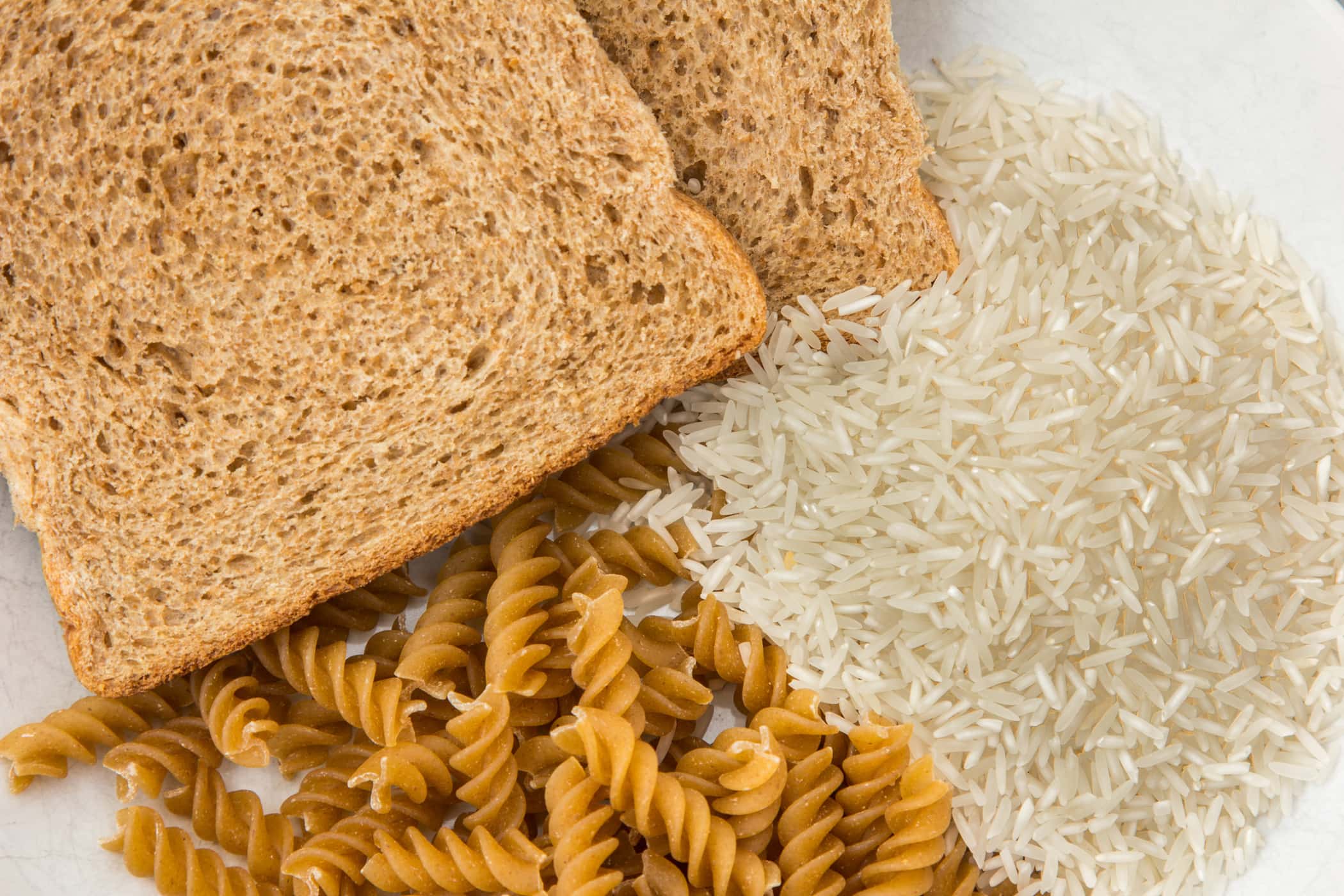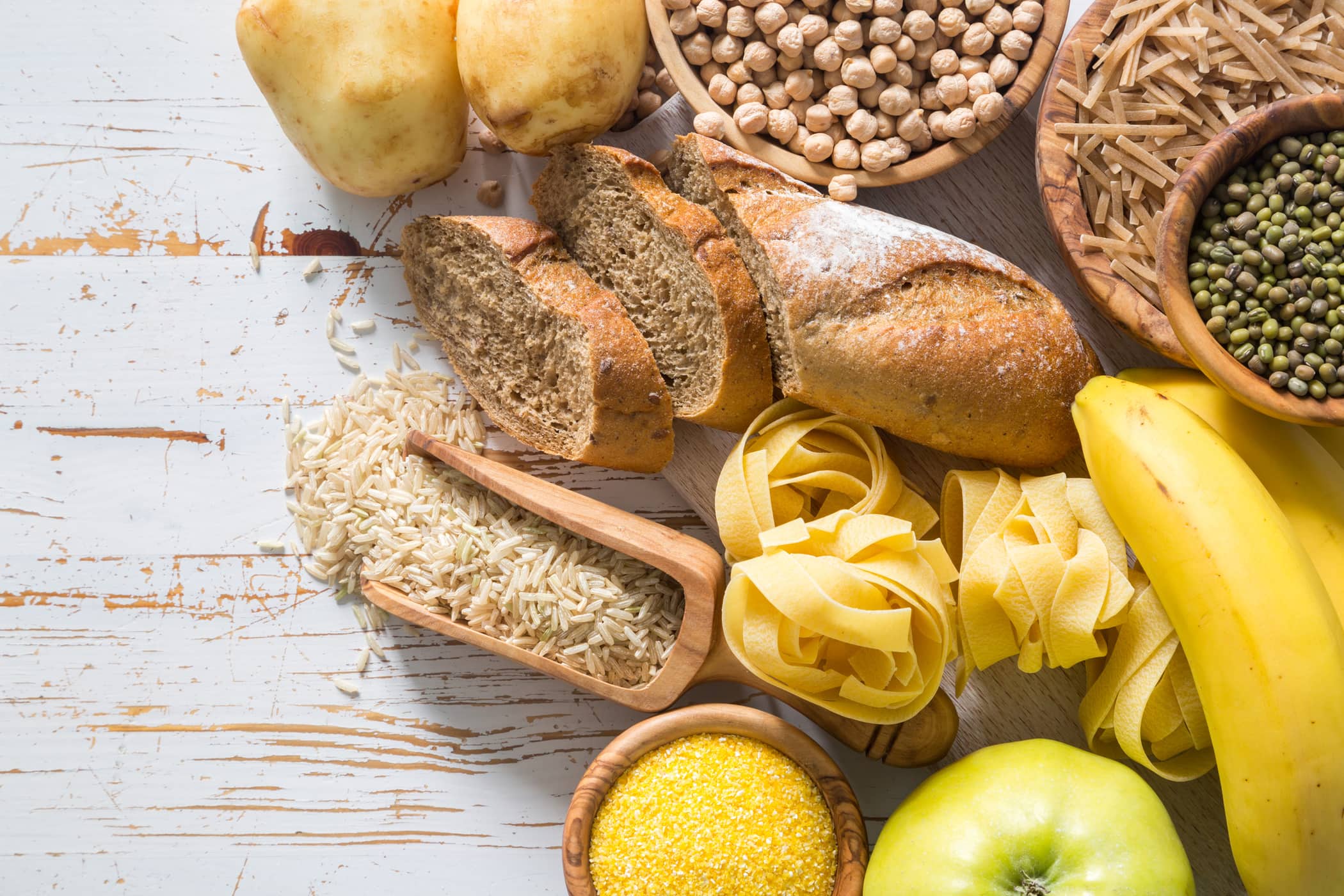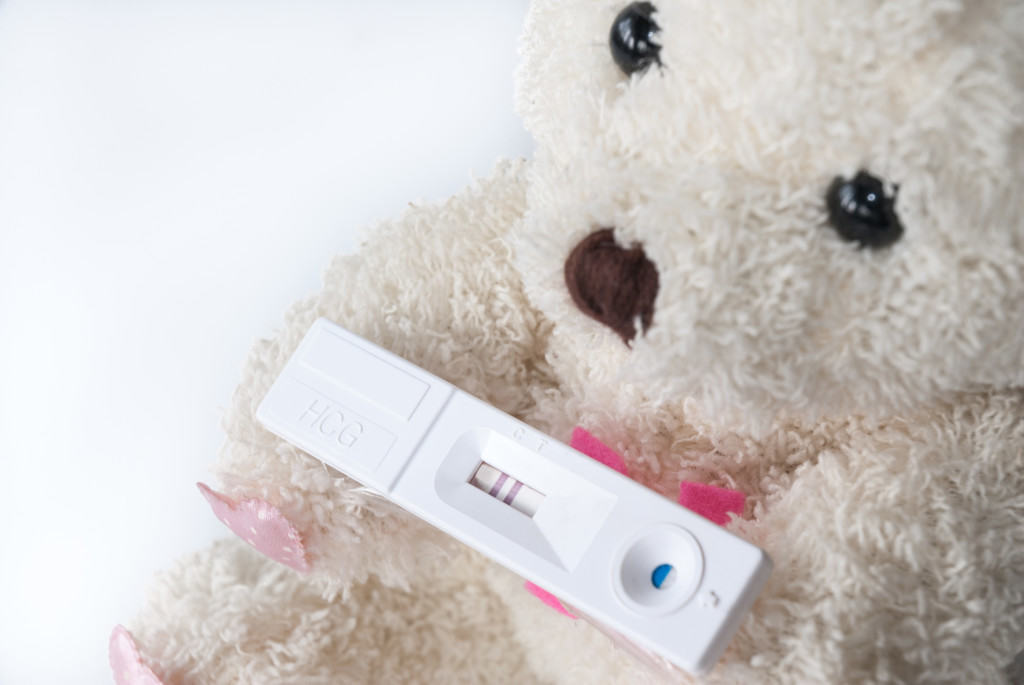Contents:
- Medical Video: Circadian Rhythms and Your Health Video - Brigham and Women's Hospital
- What is a biological clock?
- Daily body schedule for the human body
- 00.00 – 02.59
- 03.00 – 05.59
- 06.00 – 08.59
- 09.00 – 11.59
- 12.00 – 14.59
- 15.00 – 17.59
- 18.00 – 20.59
- 21.00 – 23.59
- Impact of disruption of biological clocks
Medical Video: Circadian Rhythms and Your Health Video - Brigham and Women's Hospital
Everyone generally has a fairly consistent daily routine. If this routine changes just a little, the impact can be felt all day long. For example, if you wake up later than usual, you might find it harder to concentrate throughout the day. This happens because your activity does not follow the body's schedule or biological clock. So it's very important to understand your body's natural rhythm.
What is a biological clock?
The biological clock is also known as the circadian rhythm. The biological clock follows all changes in physical, mental, and human behavior in a 24-hour cycle. Apart from being regulated by natural factors in the human body such as the suprachiasmatic nerve (SCN) in the brain, this rhythm is usually influenced by light conditions in the environment around a person. A person's biological clock can determine the sleep cycle, hormone production, body temperature, and various other bodily functions.
Daily body schedule for the human body
Every organ of your body has certain schedules when the organ works more optimally or just rests. Understanding your own body's schedule and rhythm will be very good to help improve your daily performance. Reporting from the BBC health channel, here is a daily cycle of the human body for 24 hours.
00.00 – 02.59
At this hour, hormonal changes in the body send signals to the brain that it's time for you to sleep and rest. Melatonin hormones will be produced more and more so you will feel more tired and sleepy. Your brain will also cleanse itself of toxins and remnants of substances that are buried in full all day due to hard thinking all day long. All information that you receive that day will also be stored by the brain in short and long term memory. In addition, you should avoid eating or drinking at this time because your intestine is undergoing a cleansing or detoxification process.
03.00 – 05.59
Your body temperature will reach its lowest point at this hour. This happens because your energy will be diverted from warming the body to other important functions such as repairing the skin or fighting infection. Your body still continues to produce the hormone melatonin, but it will soon decrease before the morning.
06.00 – 08.59
Your blood vessels will become stiff and dense in the morning. So, your blood is thicker and stickier. This means that blood pressure is high. It is recommended that you who have heart disease avoid exercising at this hour because of heart attack. At this hour, the production of the hormone melatonin will stop.
09.00 – 11.59
Early morning is usually the best time to work, study and move. This is because the body is aggressively producing a stress hormone called cortisol. This hormone is responsible for making your mind more alert. In addition, your short-term memory will also work better at this hour.
12.00 – 14.59
If you often hear the term "nap time" or "sleepy hour", this is because your body's energy is preoccupied with the workings of the digestive system. The digestive organs are very active in processing the food you consume during lunch so that the level of alertness will decrease. Be careful if at this time you are driving or operating heavy equipment.
15.00 – 17.59
In the afternoon, your body temperature will naturally increase naturally. This is certainly useful if you want to exercise and need heating. Your lungs and heart also work more optimally at this hour. In addition, compared to a full day's muscle condition, your muscles prove to be 6% stronger in the afternoon. So, exercising in the afternoon is the right choice to maintain fitness.
18.00 – 20.59
Be careful with the food you consume at this hour. Experts don't recommend you eat too much at night because your digestion doesn't work as well as during the day. At this hour, your heart is functioning optimally to produce the protein the body needs and cleanse the blood of various toxic substances.
21.00 – 23.59
If you are a person who likes to wake up early, the brain will produce the hormone melatonin faster, which is around 9 pm. If you often stay up late and wake up later, the sleep hormone will be produced late at night. This is the right time for you to reduce activity and get ready to sleep.
Impact of disruption of biological clocks
There are several factors that can cause disruption of the human biological clock. Jet lag changes, erratic shift schedules, lifestyles, and natural lighting problems risk causing your biological clock to mess. Like other disorders of the body, unnatural biological clocks can cause complications.
Disruption of human biological clocks risks causing various problems such as insomnia, obesity, type 2 diabetes (diabetes), depression, bipolar disorder, and disorders mood. In addition, a messy biological clock also risks affecting the body's resistance. This is because the production of proteins needed by the immune system is out of tune. So, try to keep a schedule that is naturally regulated by your biological clock.
READ ALSO:
- 9 Ways to Fix Messy Sleep Patterns
- 4 Things You Need to Know About Midnight Eating
- Why Morning Sports Should Be Done Before Breakfast












